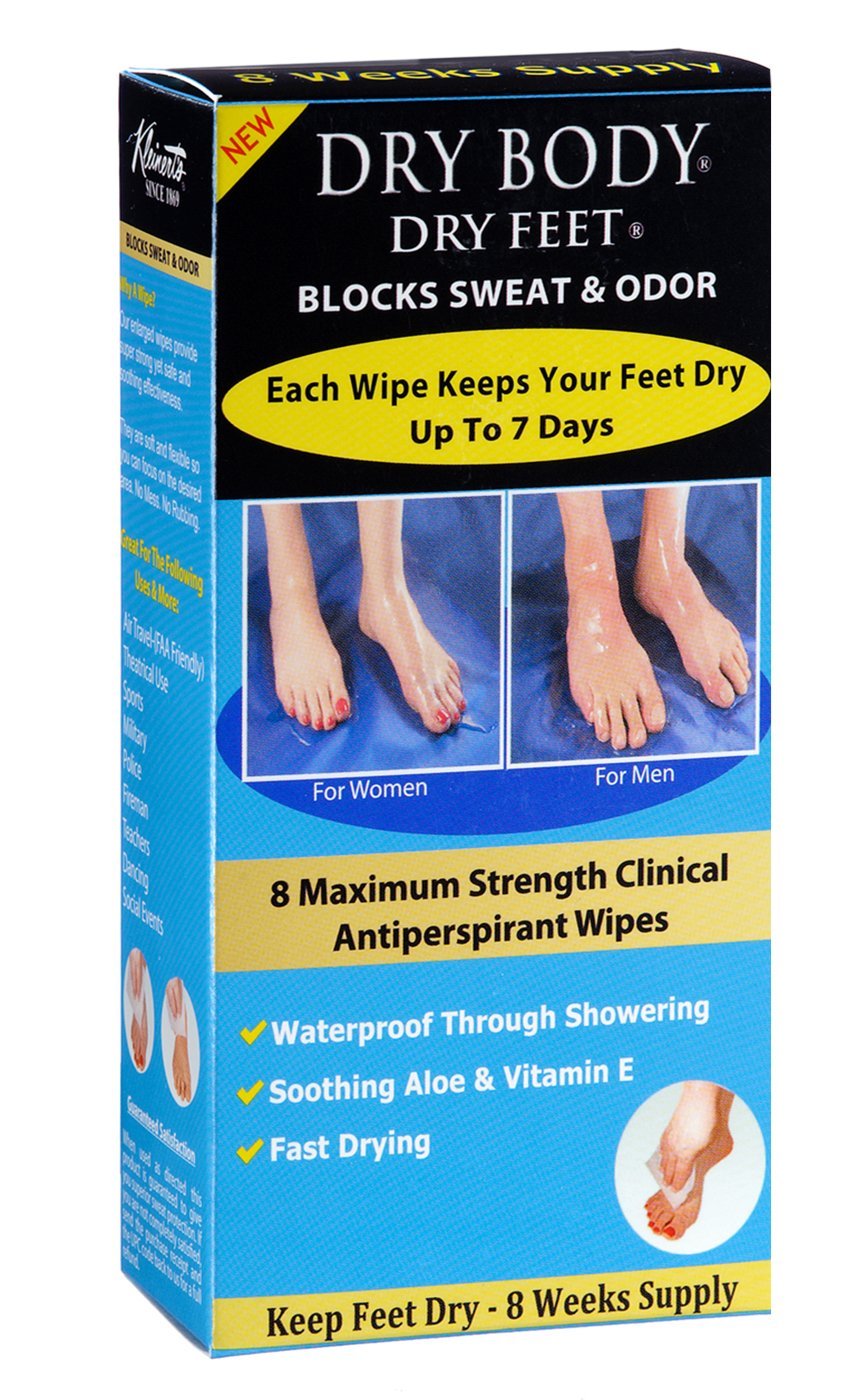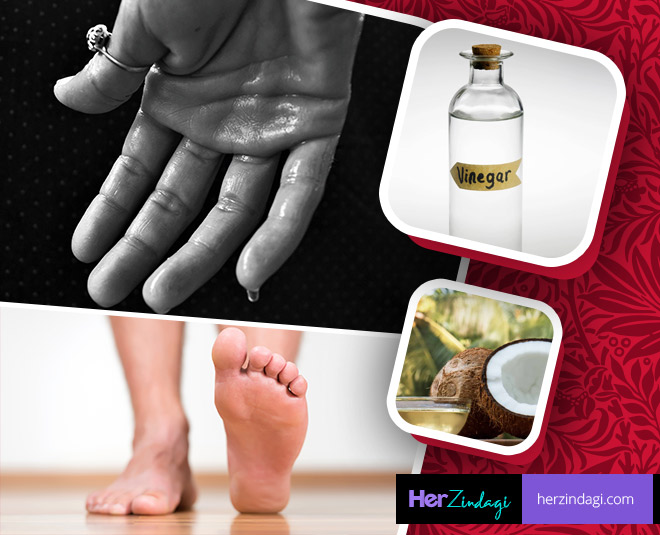How to Stop Sweaty Hands and Feet: Top Dermatology Treatments for Excessive Sweating
How to Stop Sweaty Hands and Feet: Top Dermatology Treatments for Excessive Sweating
Blog Article
Understanding the Source of Excessive Sweating and Its Effect On Day-to-day Live
Excessive sweating, also recognized as hyperhidrosis, is a condition that affects a considerable section of the populace, yet its hidden reasons and effects on daily operating stay somewhat enigmatic. While it is typically understood as a physiological action to regulate body temperature, the triggers for extreme sweating can differ commonly amongst individuals, encompassing not just physical elements but likewise psychological and emotional aspects. The impact of this condition expands beyond simple pain, frequently influencing social interactions and overall top quality of life. By diving into the origin creates of hyperhidrosis and exploring its multifaceted effects, a much deeper understanding of this prevalent problem can be obtained, shedding light on the intricacies that people coming to grips with extreme sweating browse on a day-to-day basis.
Physiology of Sweat Glands
The law of sweat manufacturing, a vital physiological process, is largely managed by the activity of sweat glands dispersed throughout the human body. Sweat glands are categorized into 2 main kinds: eccrine and apocrine glands.
When the body temperature level increases, either as a result of exercise, heats, or emotional tension, the nerves activates the sweat glands to generate sweat. This sweat is composed largely of water and electrolytes like salt and chloride. The process of sweat production is important for keeping the body's inner temperature level within a narrow, optimal array, highlighting the important duty gland play in human physiology.
Triggers for Excessive Sweating
In recognizing the root causes of too much sweating, it is crucial to recognize the triggers that can lead to this physiological response. Physical exertion, high temperature levels, and spicy foods are also recognized to cause too much sweating in individuals prone to this problem.
Additionally, drugs such as some antidepressants, opioids, and certain supplements can additionally act as triggers for hyperhidrosis. Understanding these triggers is essential in taking care of excessive sweating effectively - Treatment for hyperhydrosis of hands. By determining and addressing the details triggers that trigger too much sweating in an individual, doctor can establish tailored therapy plans to relieve this condition and improve the person's quality of life
Medical Issue Associated
Related to too much sweating are various clinical conditions that can exacerbate this physical reaction. One usual problem is hyperhidrosis, a condition characterized by abnormally increased sweating that surpasses the body's thermoregulatory requirements. This can manifest in focal areas like the palms, soles, underarms, or face, affecting an individual's high quality of life due to social embarrassment and discomfort.
In addition, endocrine conditions such as hyperthyroidism, diabetes mellitus, and menopausal warm flashes can also lead to excessive sweating. Hyperthyroidism causes an overproduction of thyroid hormones, speeding up metabolic rate and causing sweating.
In addition, infections like tuberculosis, endocarditis, and hiv have actually been connected with evening sweats, an usual symptom recognized to disrupt rest and affect general health. These clinical problems highlight the varied variety of underlying factors that can contribute to excessive sweating, requiring complete assessment and monitoring by health care experts.
Psychological and emotional Aspects

Influence On Social Communications
Excessive sweating can have profound impacts on an individual's capability to engage easily in social communications. The visible signs of sweat discolorations or wet patches on garments can lead to humiliation and self-consciousness, creating people to withdraw from social circumstances. This withdrawal can influence relationships, restriction social activities, and prevent professional and individual growth.

Moreover, the anxiousness and self-confidence concerns coming from excessive sweating can influence communication and social skills. Individuals might struggle to concentrate on discussions, get involved in team activities, or express themselves confidently. This can result in sensations of seclusion and solitude, as social connections end up being challenging to keep.
Conclusion

While it is frequently recognized as a physiological response to control body temperature, the triggers for too much sweating can vary commonly among people, including not only physical factors yet additionally emotional and emotional components. By diving right into the root creates of hyperhidrosis and discovering its diverse impacts, a deeper understanding of this prevalent problem can be acquired, dropping light on the intricacies that individuals grappling with too much sweating browse on a day-to-day basis.
Physical effort, high temperature levels, and spicy foods are likewise recognized to activate extreme sweating in people susceptible to this condition. By identifying and dealing with the particular triggers that motivate too much sweating in an individual, healthcare providers can develop customized therapy strategies to ease this condition and improve the individual's quality of life.
Excessive sweating can have profound impacts on an individual's capacity to involve comfortably in social communications.
Report this page